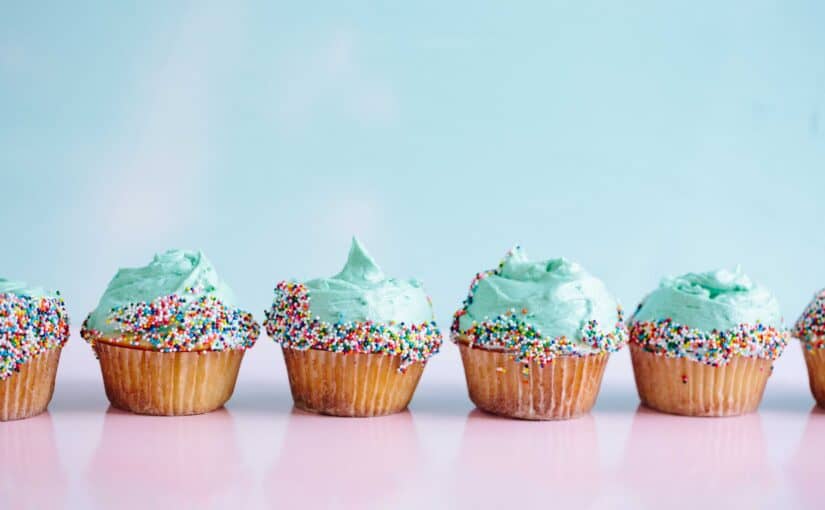Do you “sneak” a piece or two (or many more) of candy at Halloween? Or a slice of cake at a birthday party? Does the desire for a late-night snack turn into a spiral of emotional eating and overeating? Guilt and shame around eating something we feel we shouldn’t prevents us from actually enjoying the item we desire. To make matters worse, guilt and shame can then drive additional food cravings. These “secondary cravings” are no longer about the original simple desire to eat the food, but instead use food to numb the uncomfortable feelings. This pattern of an adversarial relationship with food can be a hard to break!
Tag: Coping Strategies
10 Coping Strategies for Distress Tolerance
Because distress is so uncomfortable people understandably want to make it go away as soon as possible. At the moment of intense emotions, it feels like it may never end. Extreme emotions distort thinking and sometimes people make choices that cause more harm (self-injury, suicide attempt, telling off your boss, ending a relationship, etc…). These choices are an attempt at coping strategies and calming the distress, but ultimately they don’t support recovery. Learning distress tolerance skills to manage emotion in ways that aren’t harmful will help you remain on the path of recovery and mental wellness.




